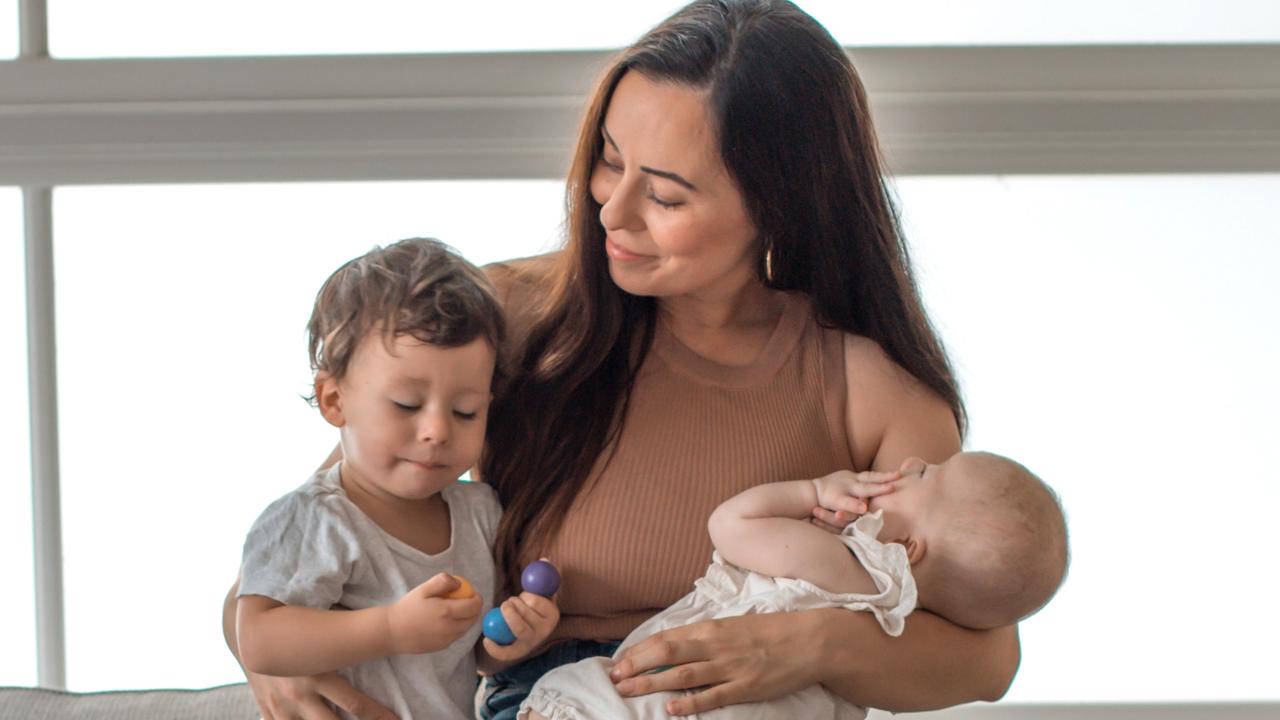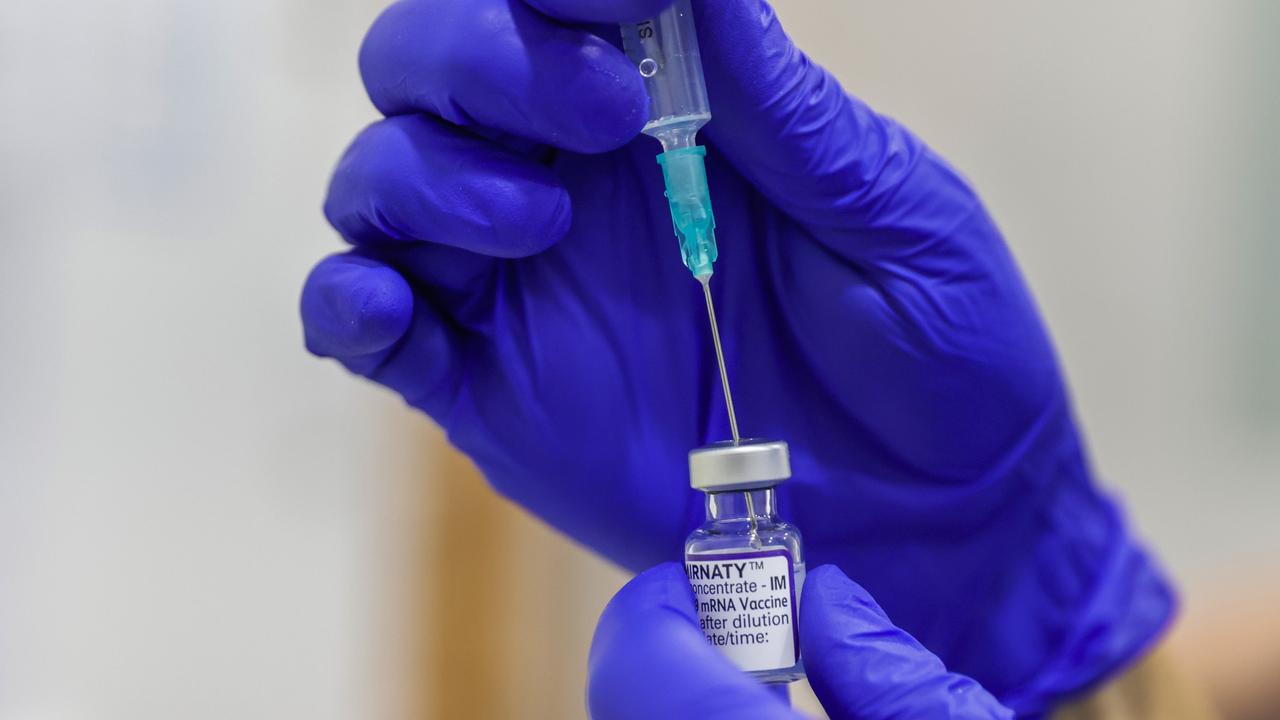Surge in teenagers admitted to hospitals amid eating disorder crisis
A combination of pandemic stress, home schooling and social media has been blamed for creating an eating disorder crisis among vulnerable teens.
NSW Coronavirus News
Don't miss out on the headlines from NSW Coronavirus News. Followed categories will be added to My News.
Young girls with eating disorders are flooding emergency departments, with an almost 40 per cent spike in severe teen cases in the first six months of this year alone.
The problem is so severe the NSW government is examining a proposal to fund treatment in private clinics as it bolsters its own public services.
Experts believe home schooling, increased time on social media and the stress of major routine disruption during the pandemic have all contributed to the crisis.
Emergency department presentations for eating disorder patients under 17 years jumped by 32 per cent between 2019 and 2020 and preliminary data from January to June 2021 showed a further 37 per cent increase, compared with the same period in the previous year, exclusive government data obtained by The Daily Telegraph showed.
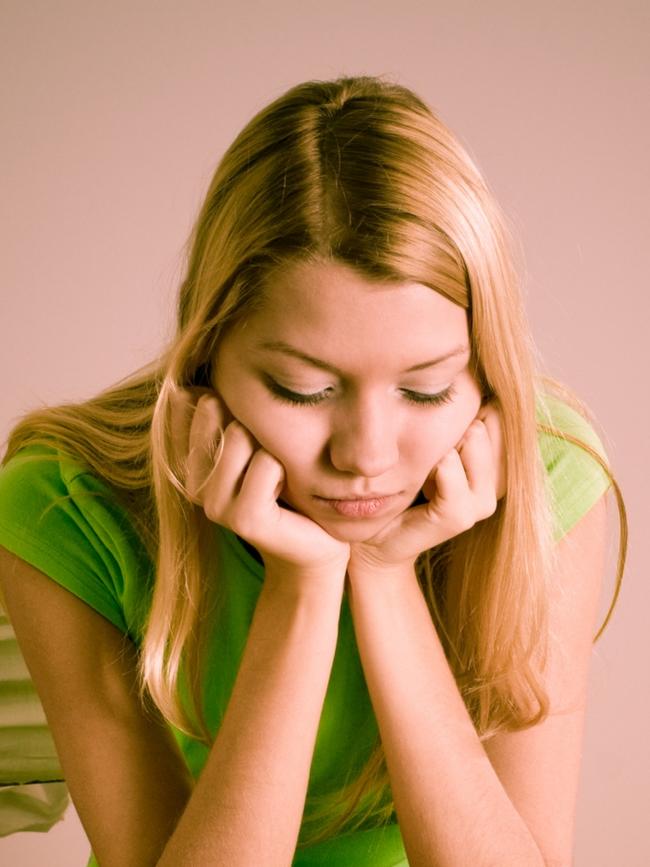
Almost 500 teen eating disorder patients came to the emergency department in the first six months of this year, compared with 357 in the same period last year.
These cases – the worst of the crisis – are only a small percentage of the broader problem, with the Butterfly Foundation handling 30,000 calls in 2020 alone.
Further data from Inside Out Institute for Eating Disorders corroborated that the lockdown in 2020 prompted an increase in almost all types of eating disorders, including restriction, binge eating and compulsive exercise.
And experts are warning that the current lockdown will see similar spikes in eating disorders, with young people left particularly vulnerable.
“We have seen a lot of repeat callers because the services available are not many. A lot of people use our call lines as a surrogate counselling service as they can’t get into a program,” Butterfly Foundation chief executive Kevin Barrow said.
“Covid has been the perfect storm for eating disorders, with social isolation, increased use of social media, a lot of emphasis on food restrictions and a disconnect from their support structure.
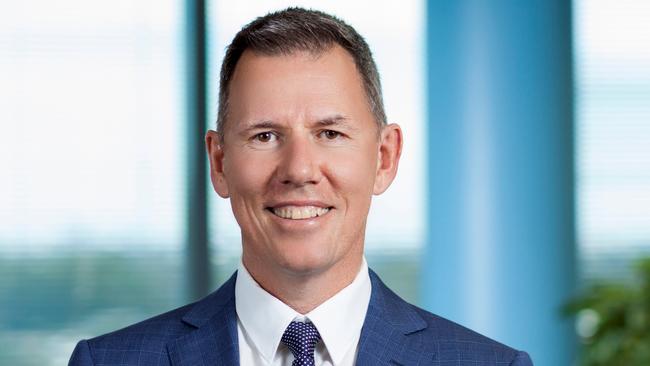
“Services around Australia have seen a surge in demand in younger children and adolescents. One could speculate that separation from friends (due to school closure) can also contribute to that.”
The massive outcry for support has prompted Mental Health Minister Bronnie Taylor to consider supporting existing private facilities while the government works to build its own specialist treatment centre in NSW in a year.
“I’m always open to considering anything that is going to get better health outcomes. It should never be about public versus private, it’s about providing the best service to the community and using all services that are available to us,” she said.
“We do it with peri-natal anxiety and depression because we haven’t had those facilities ourselves, but now we are building two of them.”

The Nationals MP said that determining how people could access help was going to be a major part of her own mental health road map out of lockdown.
“The whole government is looking at our recovery road map. This will be something I have to consider because of this increase in self-harm and increase in presentations. If that means that those services are required, I have to look at what’s out there and how I can best meet those needs. I want people to have the best mental health outcomes,” she said.
There are about 40 public eating disorder beds Australia-wide, while just one private operator, Ramsay Healthcare, has 43 in NSW alone.
Ms Taylor’s focus on eating disorder treatments is driven by her own experience after her daughter Holly, now 23, developed abnormal eating patterns in high school.
But with prompt counselling and support from her parents, Holly did not go on to develop an eating disorder. Sydney Brain and Mind Centre co-director Ian Hickie said he was in favour of a model that supported people in accessing more readily available private services.
“The expertise has become embedded in the private sector. The immediate and appropriate solution is to purchase the services from the private sector. It’s what we’ve done for Covid and it’s what we should be doing for eating disorders,” he said.
“It’s not about privatising healthcare, it’s about purchasing services on behalf of the public,” Mr Hickie said.
HEAVY TOLL OF UNHEALTHY OBSESSION
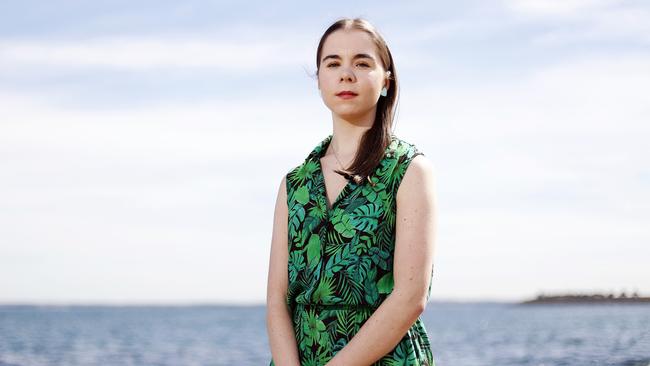
Maroubra student Sophie Smith, 23, has recovered from Orthorexia Nervosa – a form of eating disorder that is based on an obsession with a healthy lifestyle and can include restrictive eating and compulsive exercise.
It took her four years to be diagnosed after first developing the disorder at 15 years old.
“We weighed ourselves in PE twice a year as part of fitness testings. My body was changing with puberty, and we weren’t taught that’s normal. I started worrying about it then. What I framed as having a healthy lifestyle was really a way to control myself,” she said.
“Orthorexia is easy to go under the radar since the behaviours are healthy and praised.”
Ms Smith, who is studying to be a social worker so she can help other eating disorder patients, said despite being recovered, she has at times struggled with the lockdowns.
“It does bring things up for me around exercise and food … at the start of the pandemic I was nervous about being sedentary and how much weight I was going to put on and I struggled. But I’ve reminded myself that they are asking things of us that are so abnormal (in lockdown) and it’s normal for our weight to fluctuate,” she said.
More Coverage
Originally published as Surge in teenagers admitted to hospitals amid eating disorder crisis




